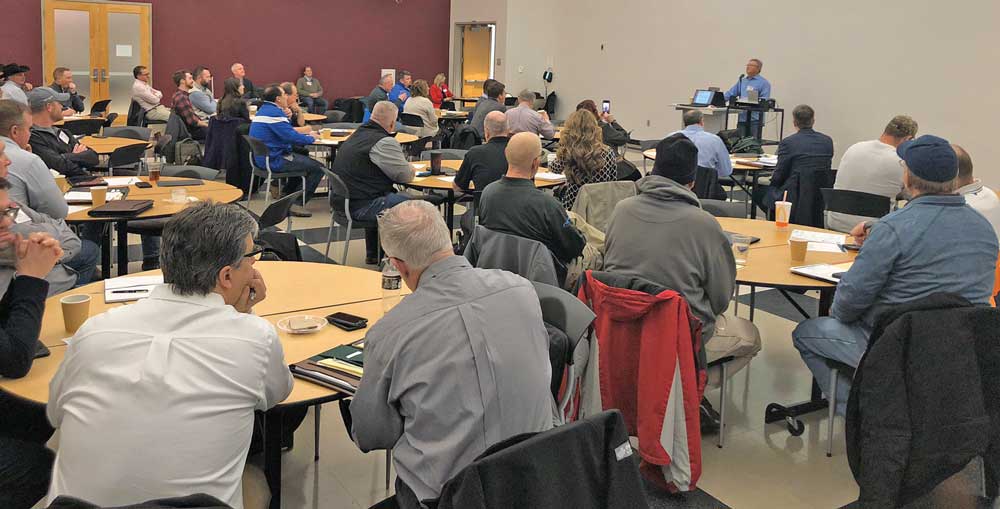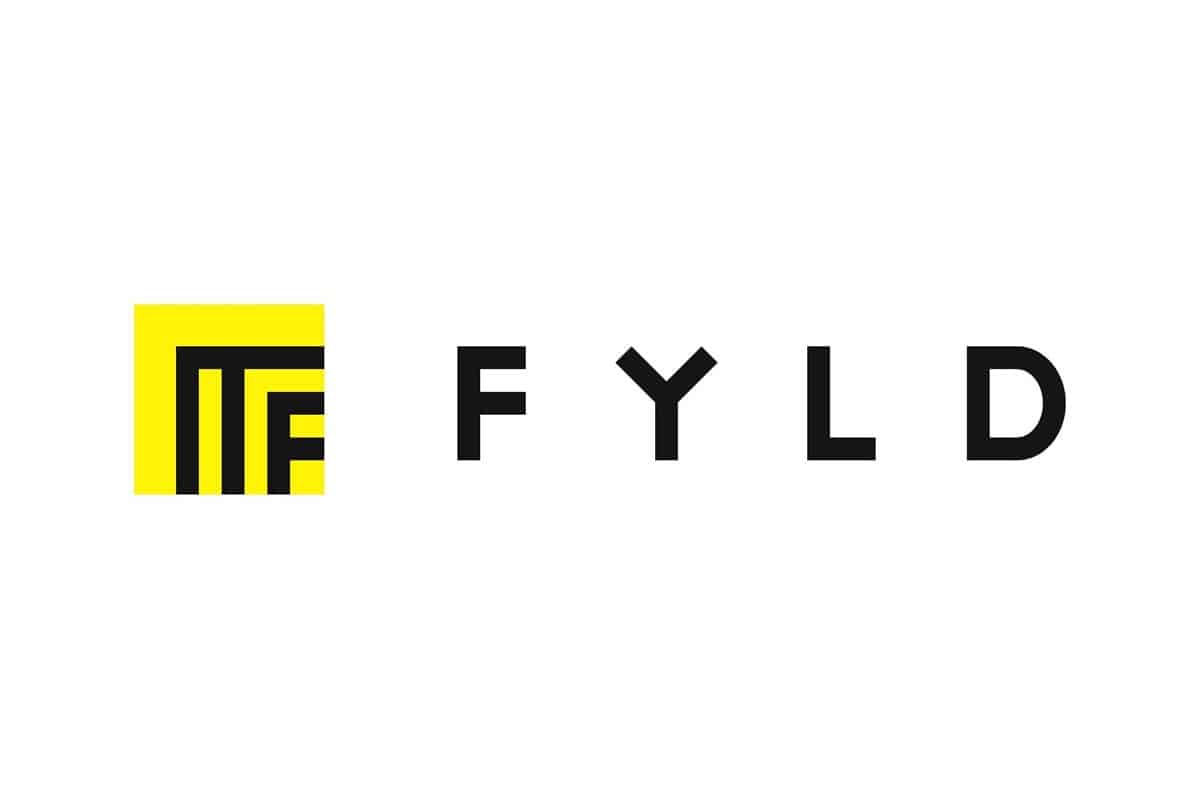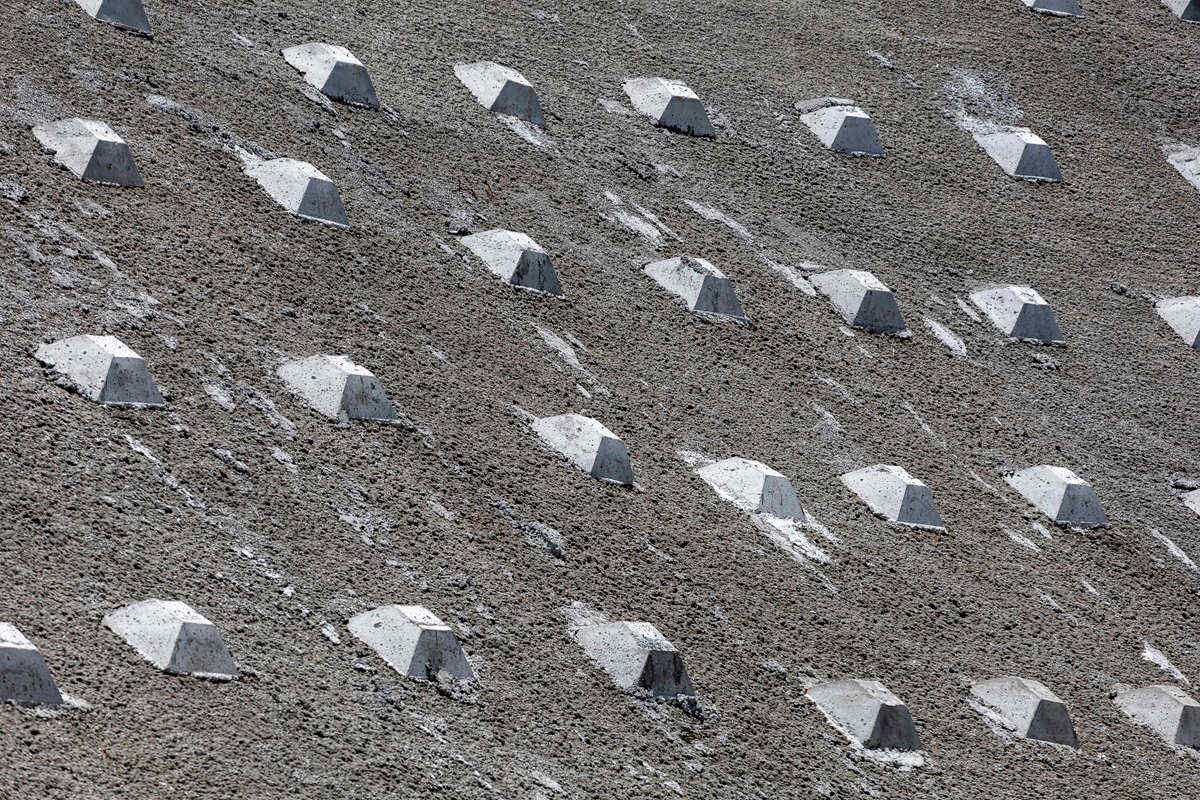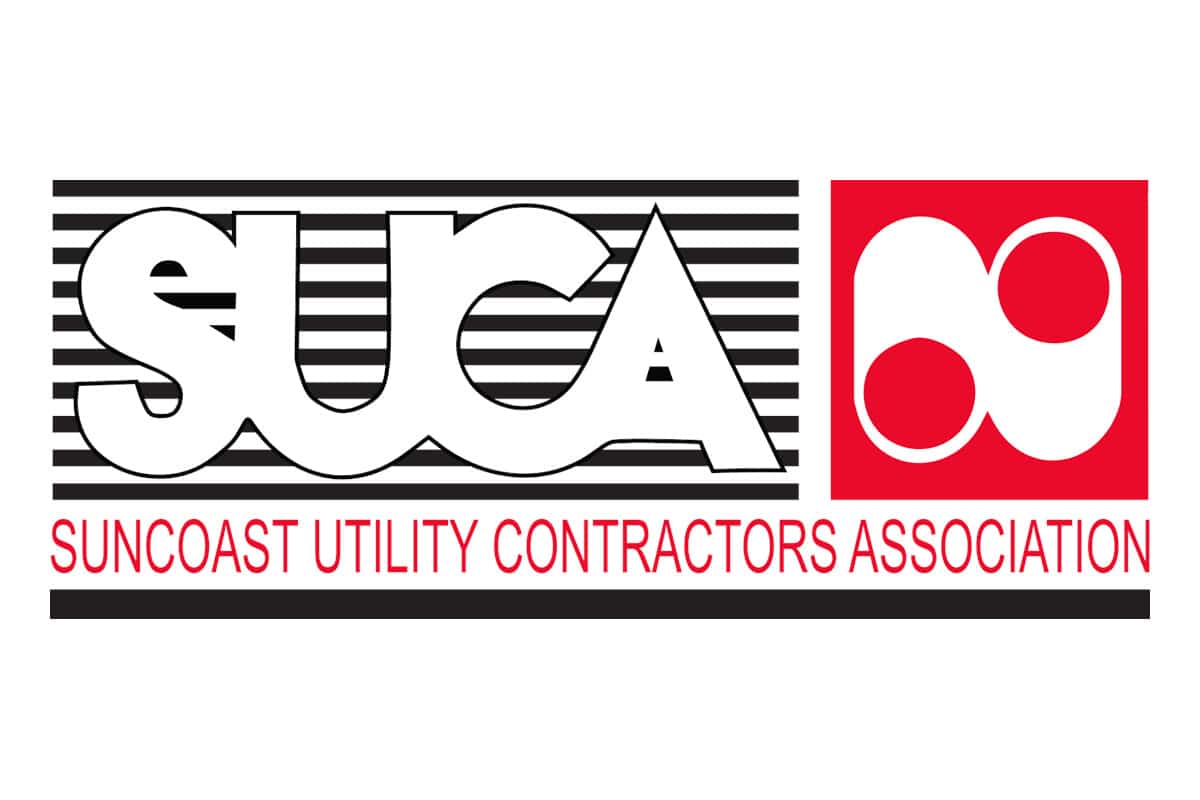NUCA Holds Inaugural 811/One-Call Meeting in Kansas City
NUCA held the first-ever association workshop on Jan. 23, 2020, to address and strategize how our members can better navigate the complex One-Call laws and their impact upon the nation’s utility contractor industry.
The meeting was broken out into several sessions, with John Fluharty, a contractor board member for the Common Ground Alliance (CGA), opening the first round of discussions. He said that the data they are collecting is showing these claims are not based on safety but rather are a money and risk decision by insurance companies, who paid out $15 million in claims last year. Through CGA, Fluharty is asking contractor associations to do a study on each state’s performance. It is important for facility owners to be held accountable for downtime caused by poorly documented underground infrastructure. Expenditures for crew downtime are already being factored into project costs, but the wrong people are paying for it, he concluded.
Next up was noted industry legal expert Tom Olson discussing the important topic of enforcement. Olson asked if project superintendents knew about the idle time crews and equipment are experiencing, and what they are doing to limit their loss of income under contractual agreements. Educating a field crew on getting paid for their cost of idle iron can help manage idle time costs. Contractors should request easement agreements from public owners at the pre-contract meeting, insisting public engineers know this part of the process. Olson had other thoughts on the subject, including getting subsurface utility engineering (SUE) into the design phase of the job instead of the construction phase, and having engineers calling in a locating ticket for actual locates required, and not just for mapping. Know your contract, he concluded.
Tom Weiers, legal counsel for NUCA of Pennsylvania, started off the next session discussing the marking of service laterals. He urged members and chapters to review the One-Call laws in their own states, paying particular attention to line and facility owner definitions. Section 4-21 in CGA’s “Best Practices” guide denotes marking service laterals to the point of connection before entering a building, and to the point where a meter connection occurs. Weirs said a facility owner should have an “operational responsibility” to mark service laterals since they are the ones deriving revenue from a privately owned line. In 2019, NUCA of Pennsylvania filed a petition at the state Public Utility Commission, seeking to clarify that facility owners are not indemnified when failing to mark service laterals on their own property. Weirs encouraged other Chapters and One-Call systems to include marking of service laterals as the duty of the facility owner in their own state laws and regulations.
After a lunch kindly provided by the host of the event, Mark One Electric Co., Inc., in Kansas City, Missouri, the next working session dealt with existing and proposed downtime legislation and payment for downtime. Shawn Farrell, a partner in the law firm of Cohen, Seglias, Pallas, Greenhall & Furman, led off the discussion with an explanation of economic loss doctrine and its confusing case law history. He suggested the best way would be to avoid the courts and go through the legislative process where the industry has the ability to educate legislators and their staff better on the nuances of our industry. New Jersey’s legislative process addressing downtime payments was cited by him as an example of specifically addressing the industry’s dilemmas, citing other state One-Call laws that include downtime language (Arizona, California, Florida, Georgia, Illinois, Virginia, and Washington State), which may be used as examples for legislative language. Brenda Reigle, NUCA of Pennsylvania executive director, shared her ongoing downtime legislation fight in her state legislature and what she was making available to other executive directors to use as legislative templates in their own states.
Finally, Eben Wyman, NUCA’s government affairs lobbyist, gave an update on Gold Shovel Standard (GSS) requirements by local jurisdictions and the renamed Gold Shovel Association’s (GSA) efforts to remain relevant in light of its continued problems with its attempted standards. He cited GSA’s lack of data collection for mis-marks or no-marks, ignoring facility owner data. “Contractors are seeing and Pennsylvania enforcement data supports contractor claims that facility owners are not policing their own damage prevention policies and procedures,” Wyman explained. “The data is distorted against the contractor with GSA metrics.” NUCA is looking further into the entire GSS system as it relates to contractor compliance and benefit.
This One-Call and damage prevention workshop was well-received by the many members who attended its all-day series of sessions. The goals of this and future workshops will be to develop legislative and legal strategies and “best practices” for NUCA and its Chapter awareness or action campaigns on this important industry subject.
Robert Baylor is director of communications for NUCA.
RELATED: Trench Safety Numbers To Know





